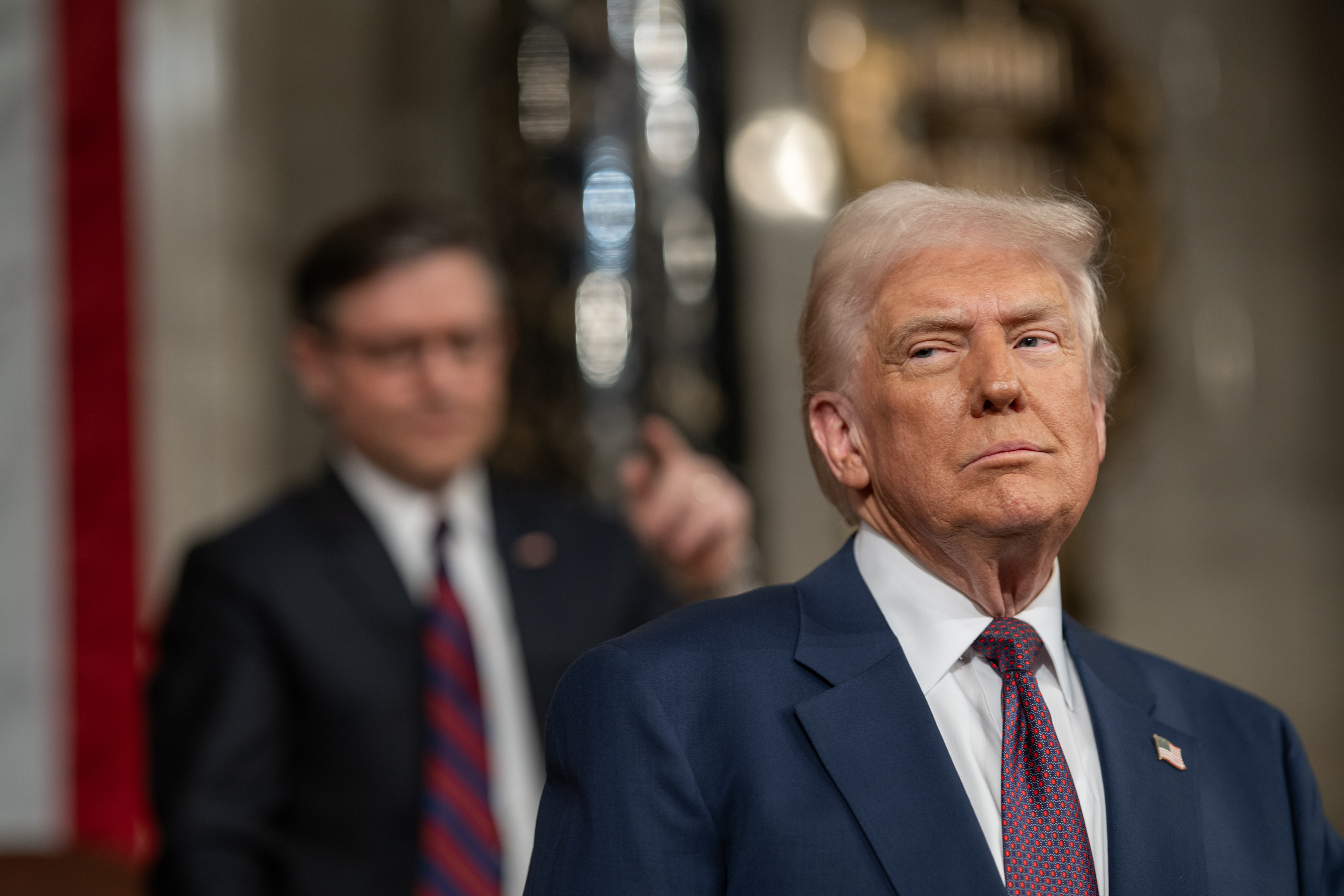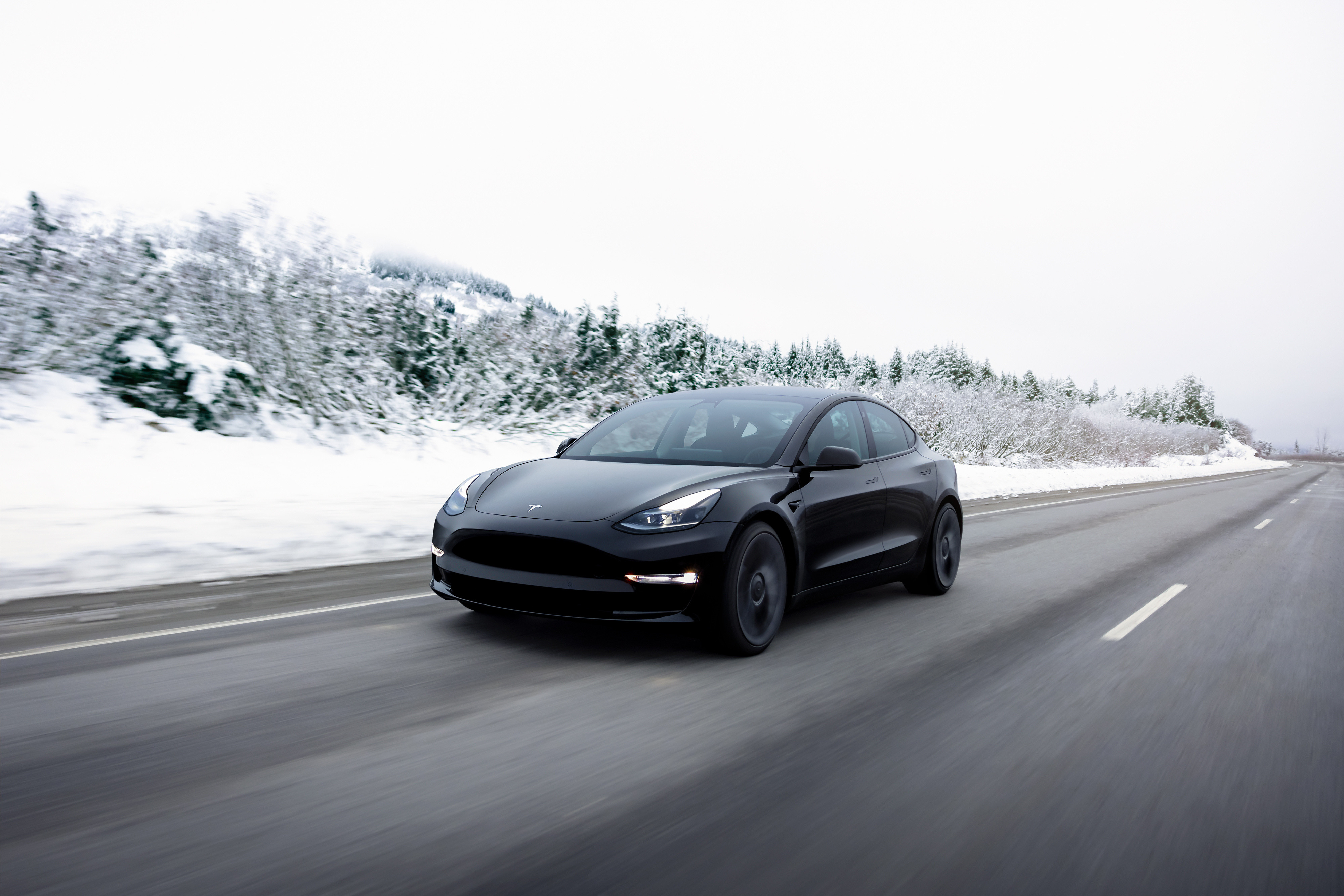
In the annals of industrial transformation, few moments carry the weight of presidential decree. When Donald Trump, that singular colossus of American politics, set his pen to paper upon the “Big, Beautiful Bill” this past July, he unwittingly inscribed a new chapter in the electric vehicle industry’s odyssey. The law, now etched into the nation’s legal bedrock, reverberates through factory halls and stock exchanges alike, its consequences as inexorable as the turning of seasons.
Let us not mistake this for mere fiscal arithmetic. Beneath the bill’s sterile clauses lies a profound reckoning – a collision between the idealism of technological progress and the immutable forces of market pragmatism. Consider the vanished $7,500 tax credit, that gilded incentive which once dangled before consumers like some modern-day indulgence. Its removal, though numerical in nature, strikes at the very soul of an industry that has long balanced on the razor’s edge of affordability.
For Tesla, Rivian, and Lucid – the so-called “pure-play” apostles of electrification – this is no ordinary recalibration. Their fortunes, once buoyed by legislative largesse, now face the cold scrutiny of market realities. The Model 3, the R1T, the Air sedan – these mechanical progeny of Silicon Valley’s utopian dreams must now contend with the enduring dominion of combustion. Can the promise of zero-emission motoring withstand the withdrawal of its most potent talisman?
The Vanishing Carrot and the Unyielding Stick
Permit us a moment’s reflection on the nature of incentives. The Clean Vehicle Credit, in its brief tenure, became both sword and shield for EV manufacturers. It masked the inconvenient truth that charging infrastructure lags behind ambition, that battery technology remains a prisoner of rare earths and geopolitical whims. Now, with the subsidy’s sudden demise, the existential question resurfaces: Can electric vehicles compete on their own merits?
Yet this is but one act in a grander drama. The president’s stroke of the pen also erased CAFE fines, those financial scourges that once compelled automakers toward ever-greater fuel efficiency. In their absence, the moral calculus of progress grows murky. Legacy automakers, once shackled by regulatory chains, now roam free to pursue profit where it lies – in the familiar embrace of combustion engines.

The Fragile Alchemy of Profit
Consider Tesla’s peculiar alchemy: a company that transmutes regulatory credits into quarterly profits with the regularity of a Swiss chronometer. In this new order, that formula falters. The market for automotive indulgences – those coveted compliance credits sold to sinning automakers – now faces collapse. What remains when the scaffolding of artificial incentives is removed?
Rivian and Lucid, still unmoored from profitability’s firm ground, drift further into uncertainty. Their financial lifelines – vast cash reserves and the fickle favor of Wall Street – offer temporary solace, but no permanent salvation. The road ahead demands more than engineering prowess; it requires the conjuring of demand where nature has not yet provided it.
And so we arrive at the central paradox of our age: Can humanity’s mechanical ingenuity outpace its own inertia? The EV industry’s fate now hinges not on legislative benevolence, but on its capacity to conquer the most formidable adversary of all – human habit. The charging station must become as ubiquitous as the gas pump, the battery’s promise more compelling than the combustion engine’s immediate gratification.
In this grand theater of capital and innovation, Trump’s decree serves not as an executioner’s axe, but as a crucible. The weak shall perish, their dreams dissolving like morning mist. The strong? They will adapt, endure, and perhaps – in time – ascend. 🚗
Read More
- 39th Developer Notes: 2.5th Anniversary Update
- Shocking Split! Electric Coin Company Leaves Zcash Over Governance Row! 😲
- Live-Action Movies That Whitewashed Anime Characters Fans Loved
- USD RUB PREDICTION
- Here’s Whats Inside the Nearly $1 Million Golden Globes Gift Bag
- All the Movies Coming to Paramount+ in January 2026
- Game of Thrones author George R. R. Martin’s starting point for Elden Ring evolved so drastically that Hidetaka Miyazaki reckons he’d be surprised how the open-world RPG turned out
- 8 Board Games That We Can’t Wait to Play in 2026
- Here Are the Best TV Shows to Stream this Weekend on Hulu, Including ‘Fire Force’
- 30 Overrated Horror Games Everyone Seems To Like
2025-09-30 10:30